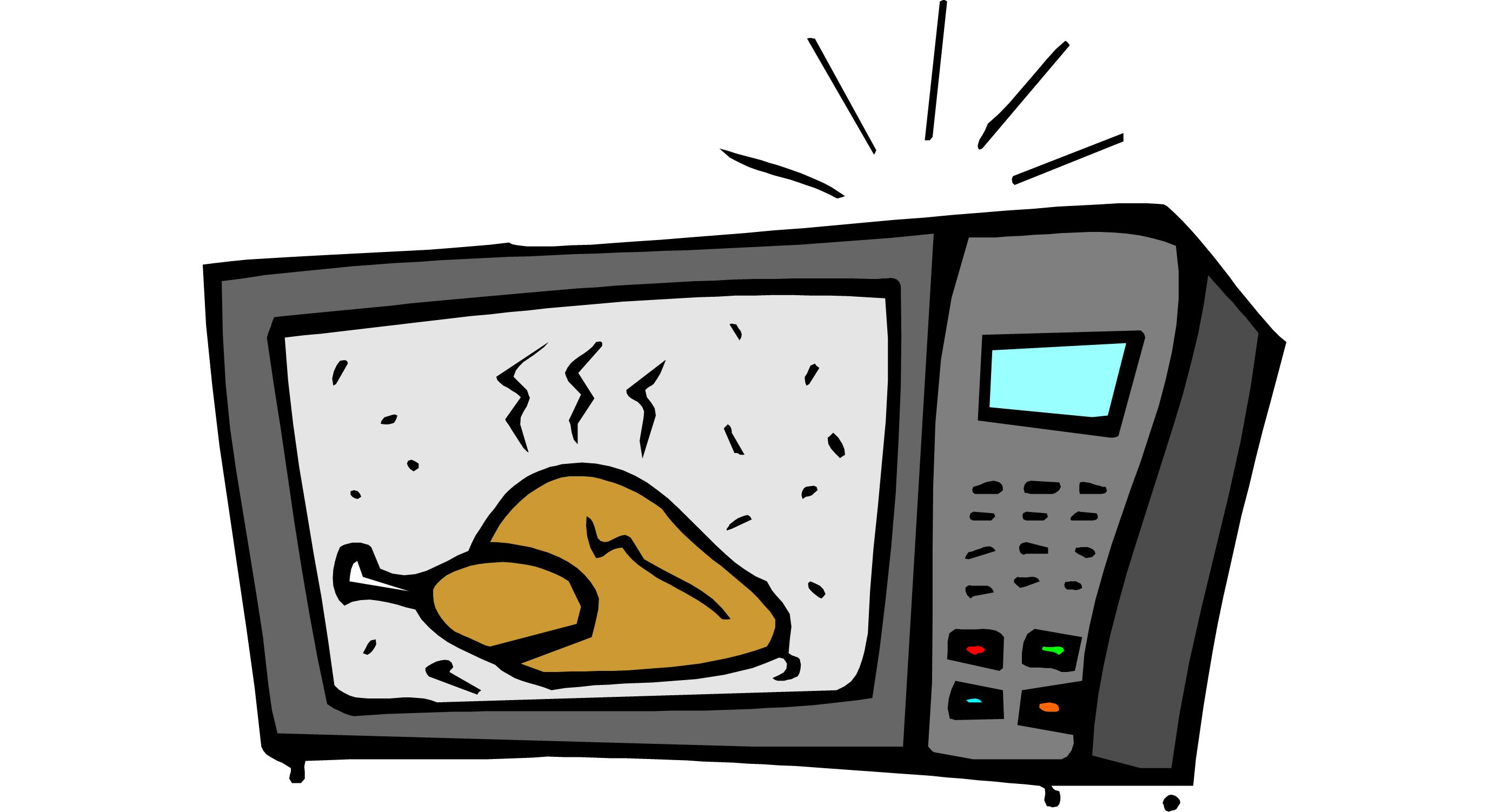
Life without a microwave Living Well on Less
Most microwaves have a maximum temperature of around 100 degrees Celsius, which is boiling point for water. However, there are some models that can reach higher temperatures, up to 200 degrees Celsius. In general, household microwaves have a power of about 700 watts.
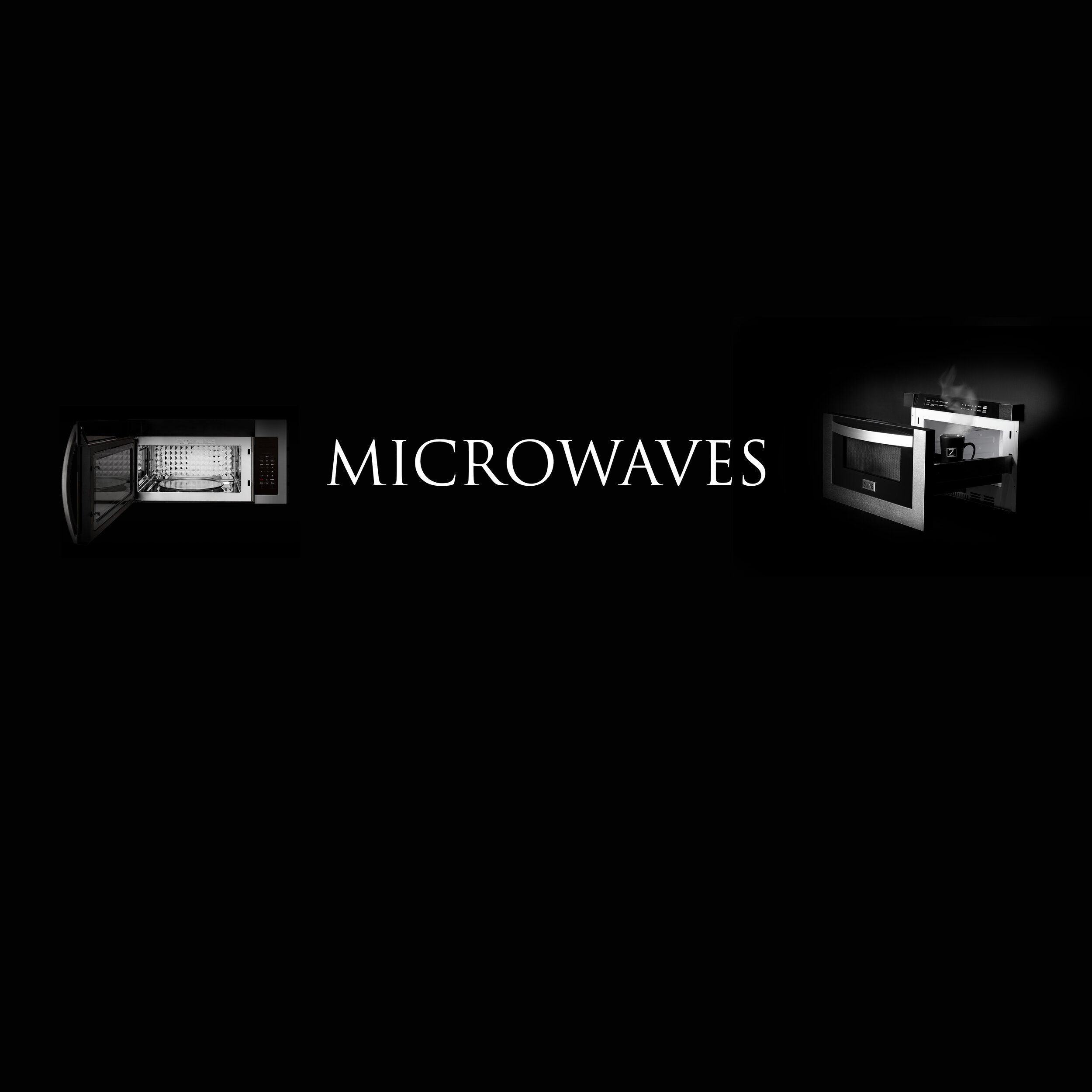
Microwave Drawer Manual ZLINE Kitchen and Bath
When using a microwave to sterilize kitchen sponges, the temperature can reach around 200°F (93°C) to 212°F (100°C). This high temperature helps kill bacteria and sanitize the sponge. It's important to wet the sponge before microwaving and follow proper safety precautions to avoid burns.
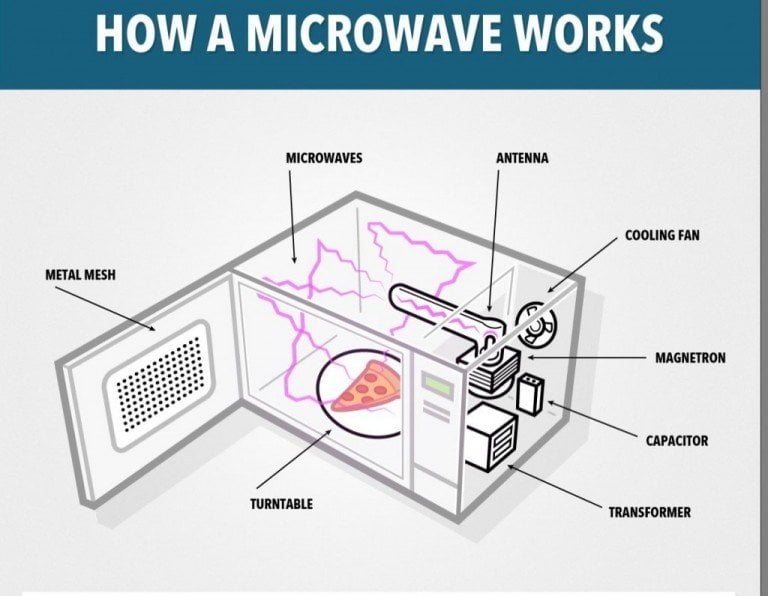
What Happens When You Put A Metallic Object In A Microwave? » Science ABC
Conclusion. Microwaves are pretty safe but can seem dangerous because they use radiation instead of heating elements to cook food. It may seem natural to think the inside of the chamber gets hot, but it's really only the food, and it can reach up to 212 degrees Fahrenheit in ideal conditions.

Microwaves at
The maximum temperature that can be achieved in a microwave typically ranges between 212°F (100°C) to 300°F (150°C). This temperature range is sufficient for most cooking and reheating purposes, including steaming vegetables, heating liquids, or cooking meat.

Small
By Hilda D. Coburn / April 9, 2023. Microwaves typically heat food to temperatures between 100-200 degrees Fahrenheit, depending on the settings and duration of cooking. The microwave itself can reach temperatures of up to 500 degrees Fahrenheit during operation. Microwave ovens get hot after being run for many minutes.

The 8 Best How Hot Do Microwaves Get Home Life Collection
A microwave can get as hot as the boiling point of water, which is 212°F (100°C). However, this depends on the type, amount, and moisture content of the food or liquid being microwaved. Microwaves heat up food by making water molecules vibrate, creating friction and heat.
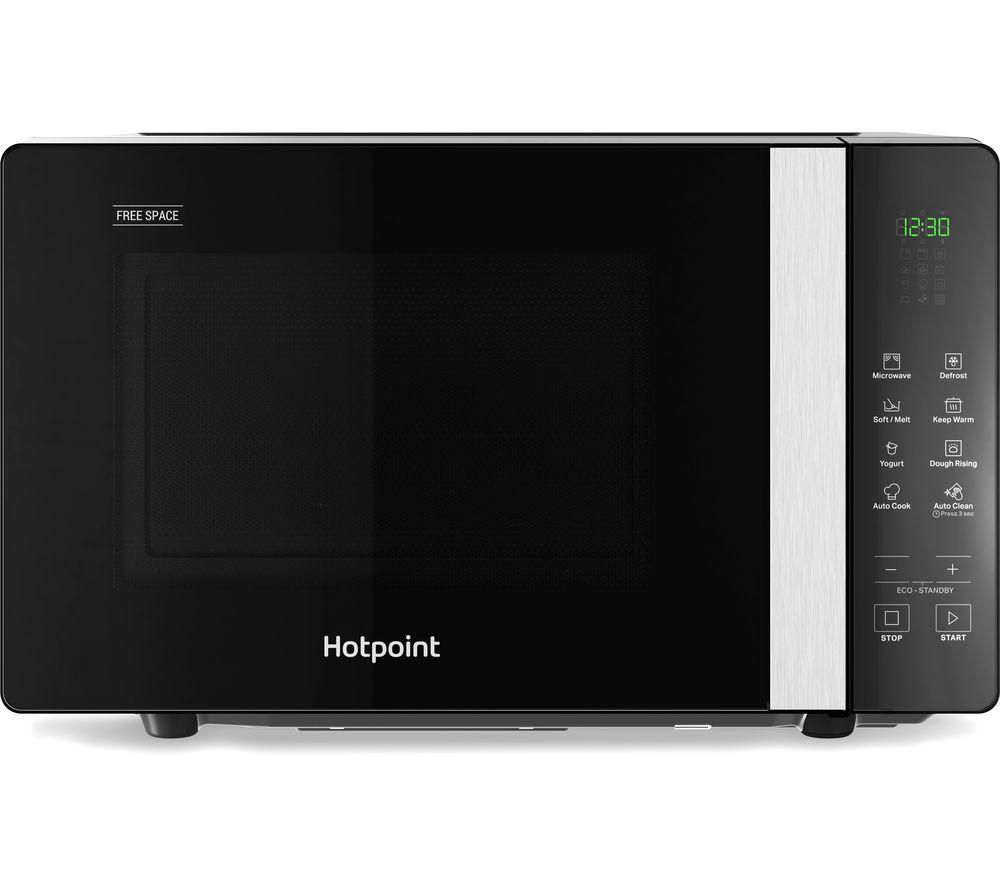
HOTPOINT Flatbed microwaves Cheap HOTPOINT Flatbed microwave Deals
90 ( 1min 30 sec) 90 to 100°C. 120 (2 mins) 100 to 120°C. The above data is collected from an average microwave with an average microwaving power of 700 watts. The microwave does not get hot since it does not have heating elements. However, the contents you place in the microwave will be heated.
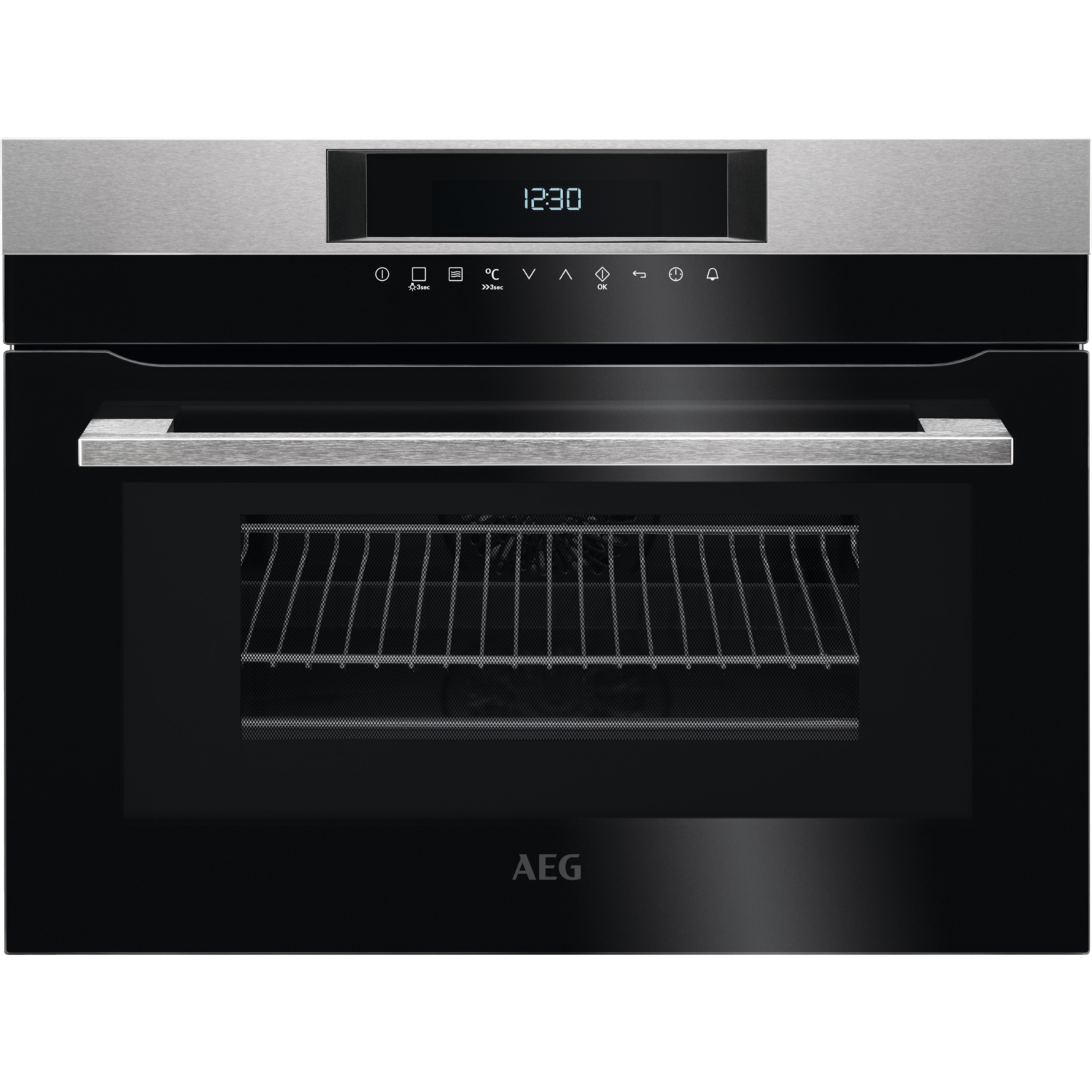
MICROWAVES ITC Malta
The microwave doesn't get hot on its own but instead derives its heat from the food. The amount of heat is determined by what you put inside the appliance. Most microwaved foods get a maximum temperature of 100°C (212°F), which is the water's boiling point. However, water can also be superheated to 120°C (248°F).
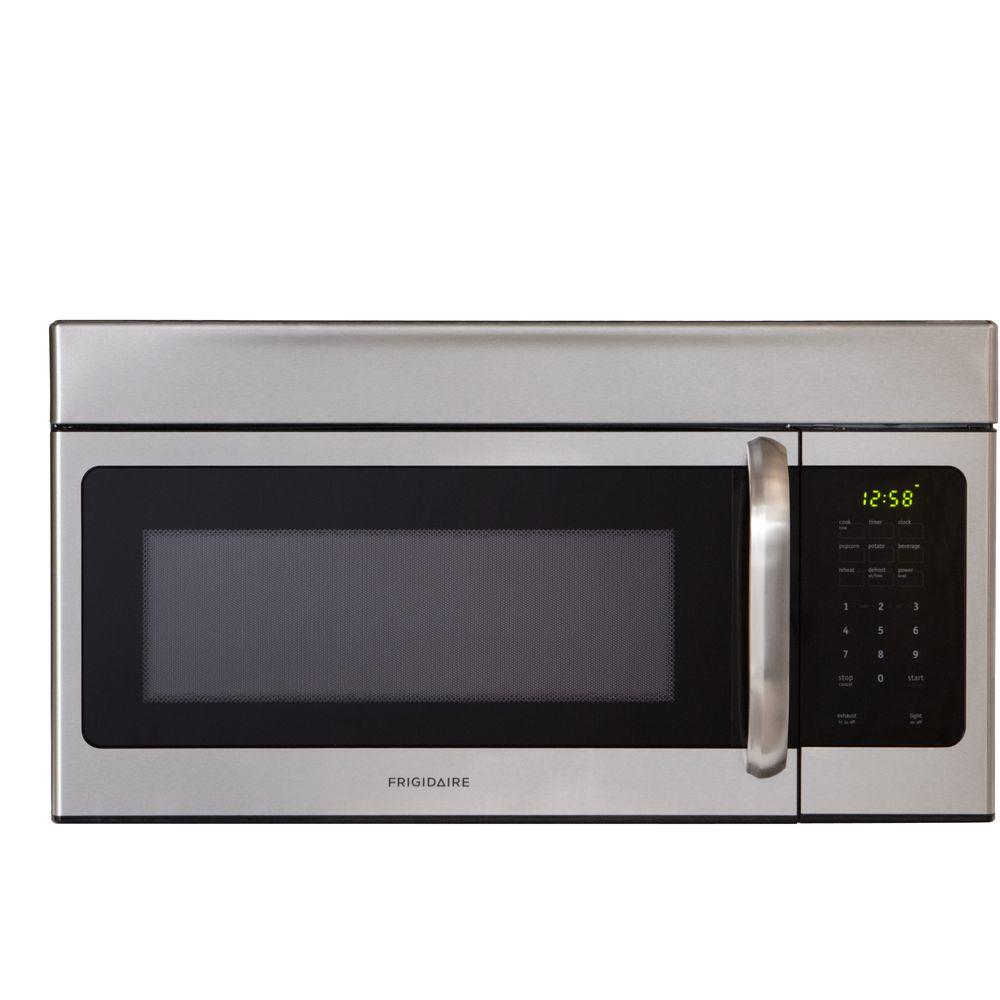
Over the Range Microwave in Stainless Steel 30 in. 1.6 cu. ft, 1,000
The temperature inside a microwave oven can vary depending on the wattage of the microwave. Generally, the higher the wattage, the faster the food will cook and the higher the temperature can reach. Most home microwaves operate at a wattage between 600 and 1200, with an average temperature range of 165-185 degrees Fahrenheit.

Top 8 Uses of Microwave Oven Ross's Discount Home Centre
A microwave does not become internally hot to heat food. Instead, it creates electromagnetic waves which heat the moisture in food. A microwave can heat food up to 248 degrees Fahrenheit internally. Now that we've given you an answer, you may have other questions about this appliance.
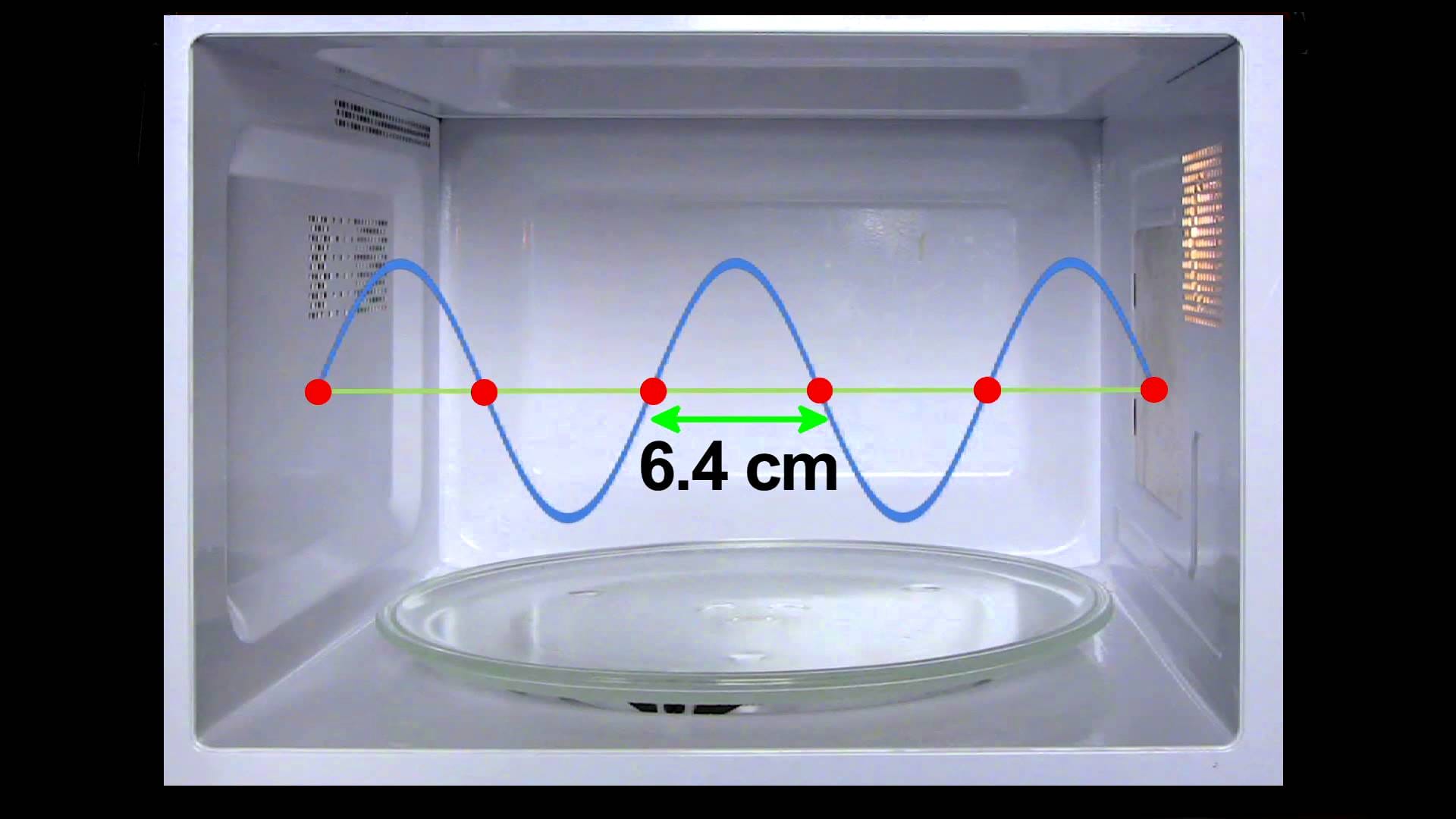
This Is What Happens To Your Food In The Microwave Oven Wo
A microwave oven doesn't actually get hot itself. Instead, it generates microwaves, which are a form of electromagnetic radiation, specifically in the microwave frequency range. These microwaves are absorbed by water molecules, fats, and sugars present in food, causing them to vibrate rapidly. This vibration generates heat, which cooks or.
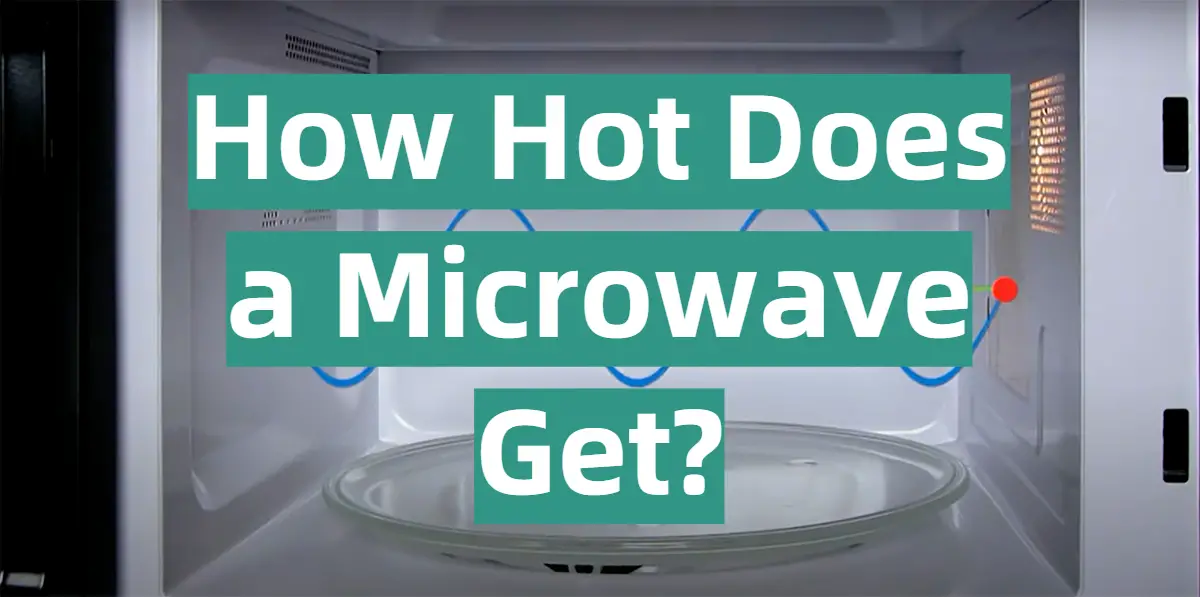
How Hot Does a Microwave Get? KitchenProfy
Demystifying Microwave Oven Heating. To understand microwave heating, you first have to know that microwave ovens produce electromagnetic radio waves that cause water molecules in food to vibrate rapidly, creating internal heat through molecular friction. This is very different from the conduction heating of a traditional oven where hot air transfers heat gradually from the outside in.

What are the Applications of microwaves Engineering Projects
The beauty of this heat source is that the microwaves are not heat per se, but rather they induce tiny movements that generate heat in the food itself, and not in the surroundings. The heat is then conducted throughout the food. Also, microwaves are able to penetrate through thicker layers of food (around 1 1/2 inches) much better than the hot.

List of 5 Best Sharp Microwave Ovens Reviews Top Rated Reviews in 2018
In terms of temperature, a microwave can reach up to 120 to 150 degrees Celsius (250 to 300 degrees Fahrenheit). Although this seems hot, it is much cooler compared to conventional ovens that can reach temperatures exceeding 230 degrees Celsius (450 degrees Fahrenheit). 2. Despite the relatively low temperature, microwaves heat food efficiently.
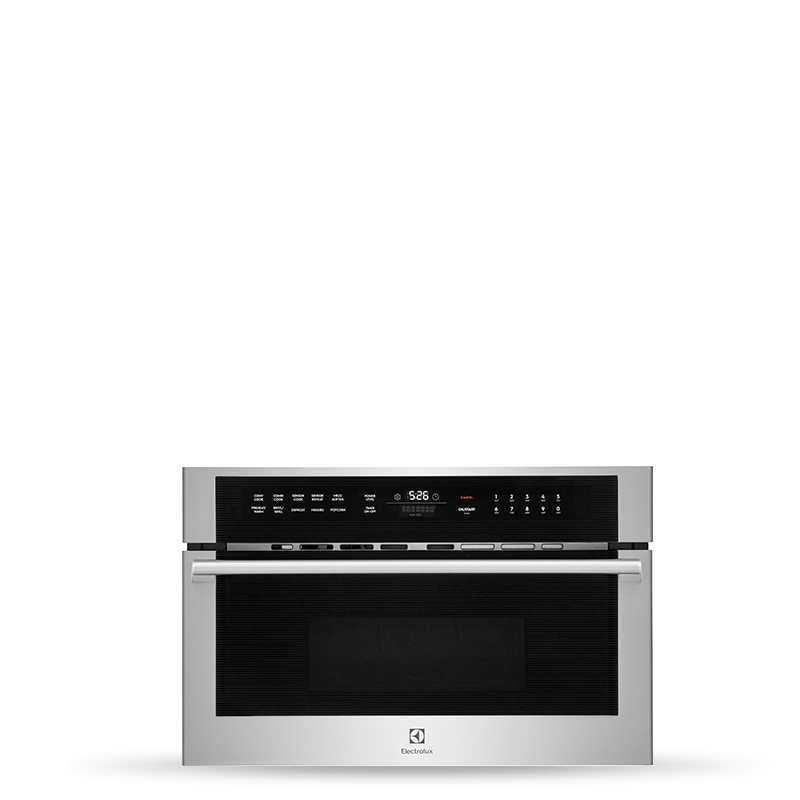
Electrolux Appliances Dick Van Dyke Appliance World Springfield
The actual temperature inside the microwave can vary depending on the power level and the type of food being heated. However, the typical cooking temperature of a microwave is around 212°F, the boiling point of water. In some cases, microwaves can heat food to higher temperatures, but this is usually due to the food's natural composition.
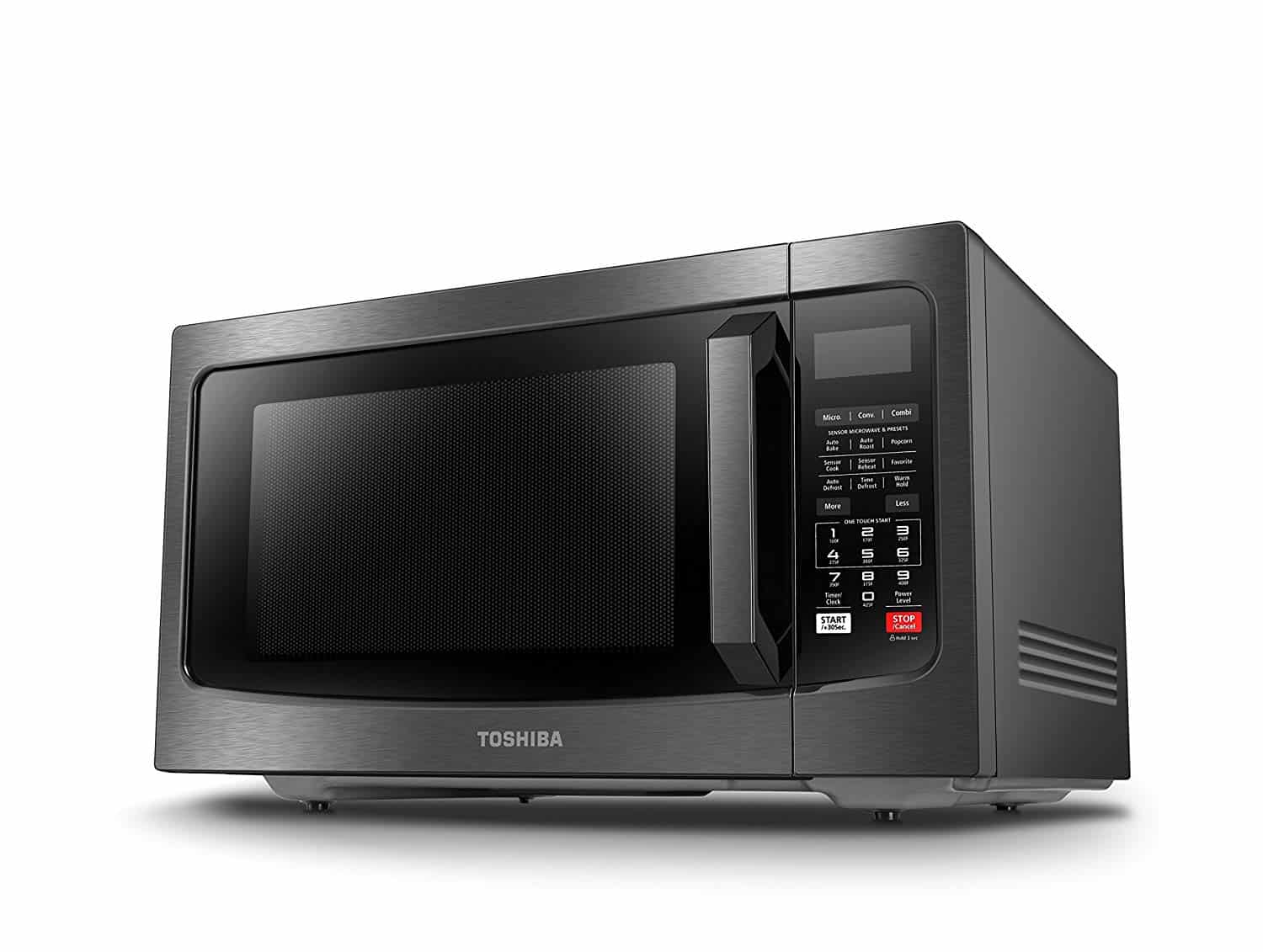
Top 10 Best Convection Microwaves in 2020 Reviews & Buying Guide
Most microwaves can provide a range of wattages from 350W to 1250W, with the higher wattages cooking food more quickly and at a higher temperature. However, wattage isn't the only thing that can influence the temperature of a microwave. Cooking time also has an effect. The longer your microwave is cooking, the hotter the food will get.